About the Canadian Biobank for Sleep Research
Mission
The Canadian Biobank for Sleep Research is located at the CARSM. Its objective is to facilitate research on biological and genetic markers in the field of sleep, circadian rhythms and states of consciousness as well as related neurological and psychiatric disorders. This biobank contains biological samples as well as data from several research projects, and facilitates the preservation of samples / data and the sharing of these resources. Research goals include the identification of biological and genetic markers of sleep pathologies, circadian rhythms or states of consciousness, as well as their overlap with normal aging, neurodegenerative or psychiatric diseases, and a better understanding of the underlying biological mechanisms. The study of these markers and mechanisms could lead to a better understanding of these diseases, to better and more precise diagnostic tests and to new treatments. To achieve this objective, genetic and biological data are linked with polysomnographic sleep recordings and other related data collected at CARSM or outside the CIUSSS-NIM.
In addition, the biobank can also serve as a storage place (repository) for researchers evaluating sleep, circadian rhythms and states of consciousness as well as related neurological and psychiatric disorders outside the CIUSSS-NIM who would like to study biological and genetic markers but don’t have a biobank. Finally, through partnerships with industry, the biobank could serve the objectives of developing pharmacological or non-pharmacological treatments, diagnostic tests and pharmacogenetic studies (i.e., the study of the characteristics of responders compared to non-responders to treatment) in the area of sleep disorders, circadian rhythms, consciousness and related neurological and psychiatric disorders.
Management
The Biobank is directed by Julie Carrier, Ph.D., researcher in our center and full professor in the Department of Psychology at the Université de Montréal. The biobank also has a management committee which is responsible for decisions on the evolution of the biobank, for determing the parameters to be respected in the event that the initial consent was not provided for certain uses, for ensuring the long-term management of data and biological material and for approving biobank procedures and protocols. This committee also has a scientific role in ensuring that the projects that feed the biobank and the projects that use the samples / data respect the mission of the biobank. All these projects must therefore be approved by the management committee of the biobank.
Team
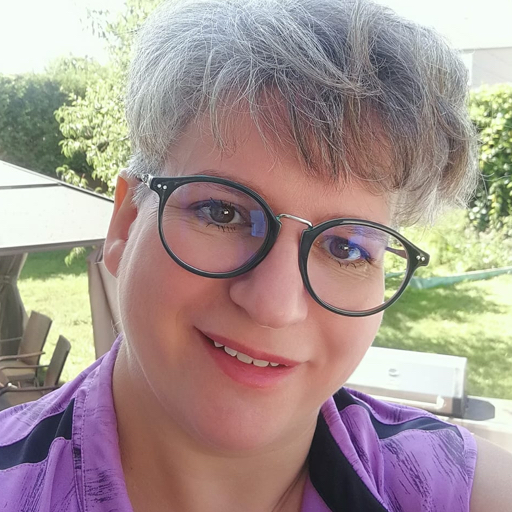
Marie-Josée Quinn
Medical Laboratory Technician
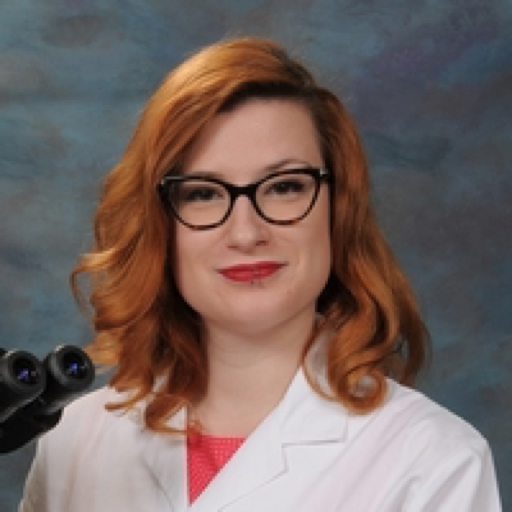
Aurélie Boivin De Billy
Medical Laboratory Technician
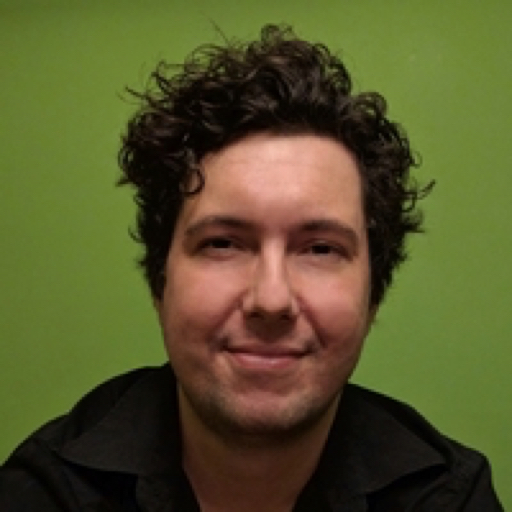
Julien Beaudry, B. Ing, M.Sc.
Software Developer
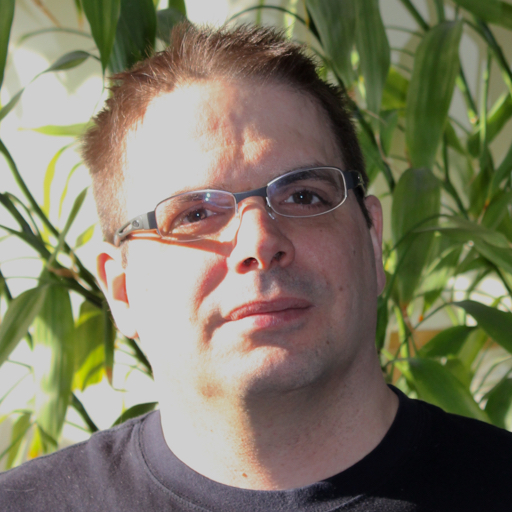
Sébastien Saucier, M.Sc.
IT analyst
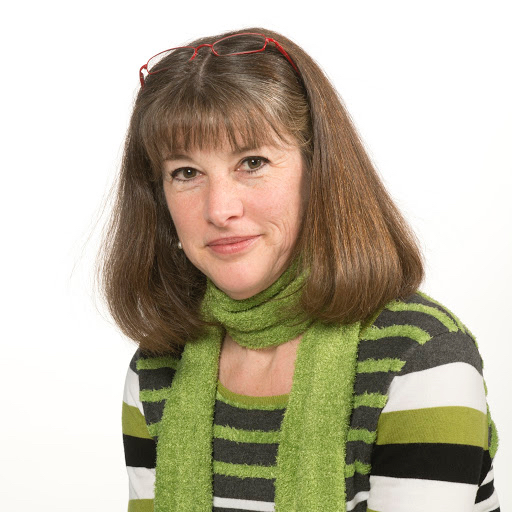
Dominique Petit, Ph.D.
Research Associate
For participants
Information for participants and the public
The Canadian Biobank for Sleep Research contains biological samples as well as data from various research projects whose participants have agreed to be biobanked. The goal of the Biobank is to better understand the function and mechanisms of sleep, circadian rhythms and the disorders of consciousness associated with it. The biobank is therefore used for research to identify the biological mechanisms that cause sleep disturbances and their association with psychiatric or neurological disease, and to facilitate the development of treatments. A major goal is to isolate the genes responsible for certain characteristics of normal sleep and certain sleep pathologies. Identifying these genes could potentially lead to improved diagnostics and new treatments. Several thousand people with different sleep pathologies as well as healthy volunteers participate in this biobank.
The name and other information that could directly identify participants (such as address or social insurance or health insurance numbers) will not be placed in the biobank database. Biobank managers have a duty to protect privacy and keep personal information confidential. Participation in this database is voluntary. Participants can also opt out of this biobank at any time, without having to give any reasons, simply by making their decision known and their sample will be destroyed.
For researchers
Rules of use
Users and contributors of samples or data to the biobank will be required to provide the research project, the approved consent form for the project, and their institution's ethics committee approval. These documents will be sent to the CIUSSS NIM Research Ethics Committee (REB), which oversees the activities of the biobank. The project will also be reviewed by the biobank management committee to ensure it meets the mission of the biobank. In order for a participant's samples to be accepted into the biobank, the original signed copy by that participant of the consent form for biobanking must be provided. For research projects carried out outside the CARSM, the bank's data will be transmitted exclusively in their de-identified form.
Contributor to the biobank
• The objectives of the contributor's research project are in line with the objectives of the biobank
• Research participants are recruited as part of a research project (i.e., participants are not recruited solely for the biobank)
• The research project has been reviewed and accepted by the ethics committee of the contributor's institution.
• Each research participant has signed the research project consent form.
• Each research participant signed the biobank consent form (if the sample was collected after the biobank was set up). In the case where the sample has been collected before the establishment of the biobank, the contributor may deposit their samples / data in the biobank if the participant has signed a consent form allowing them to be kept long-term for future projects on sleep and biological rhythms.
Biobank user
• The objectives of the user's research project fall within the objectives of the biobank as determined by the management committee.
• The user's research project has been reviewed and approved by their institution's ethics committee.
• Each participant for whom samples / data are requested has signed the biobank consent form.
• The contributor who provided the sample / data for each requested research participant explicitly agrees to share these resources. The biobank can facilitate contact between user and contributor as needed.
• The user of the biobank must agree to use the samples / data only for the purposes described in their research project and cannot redistribute the samples / data.
